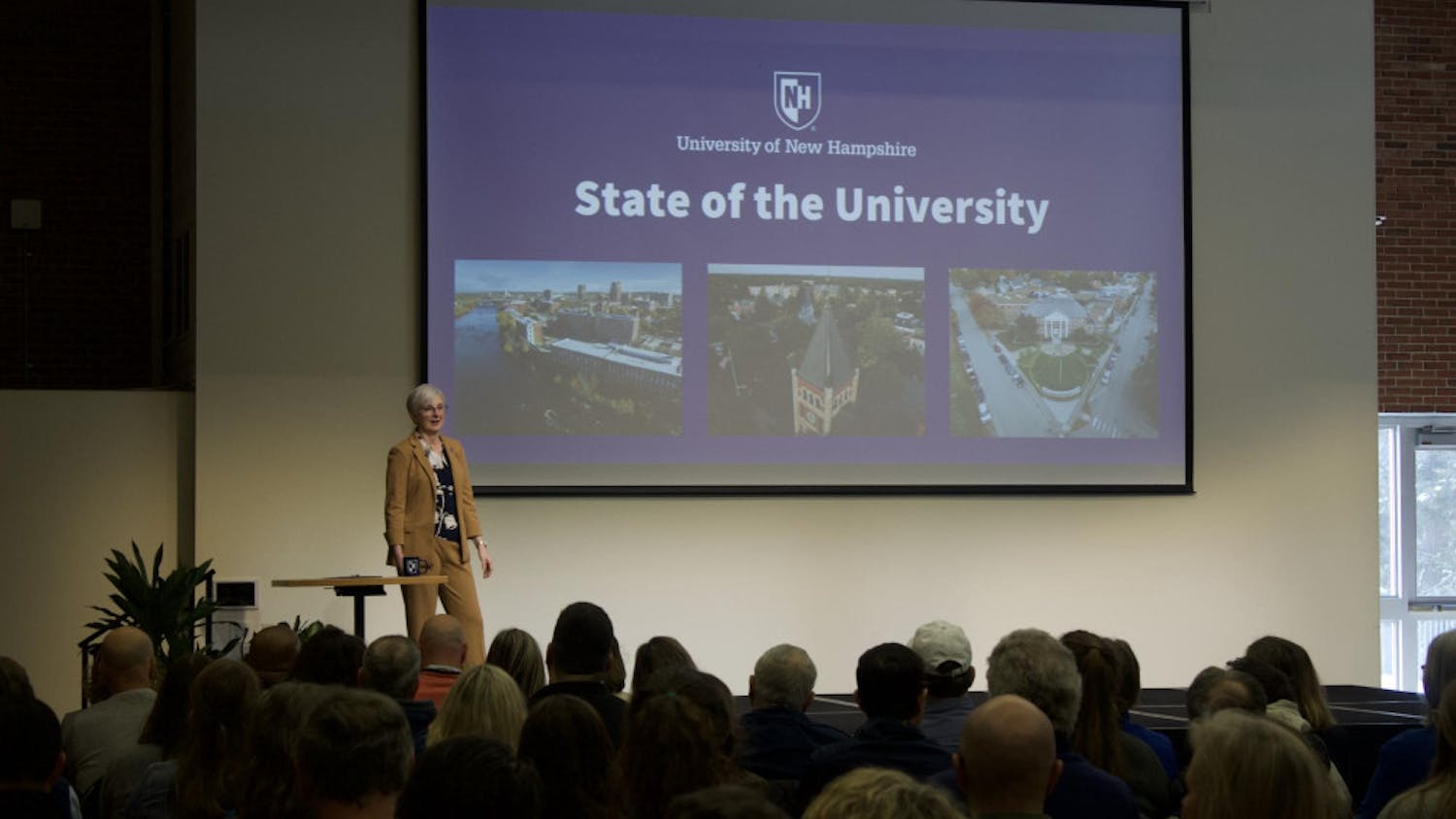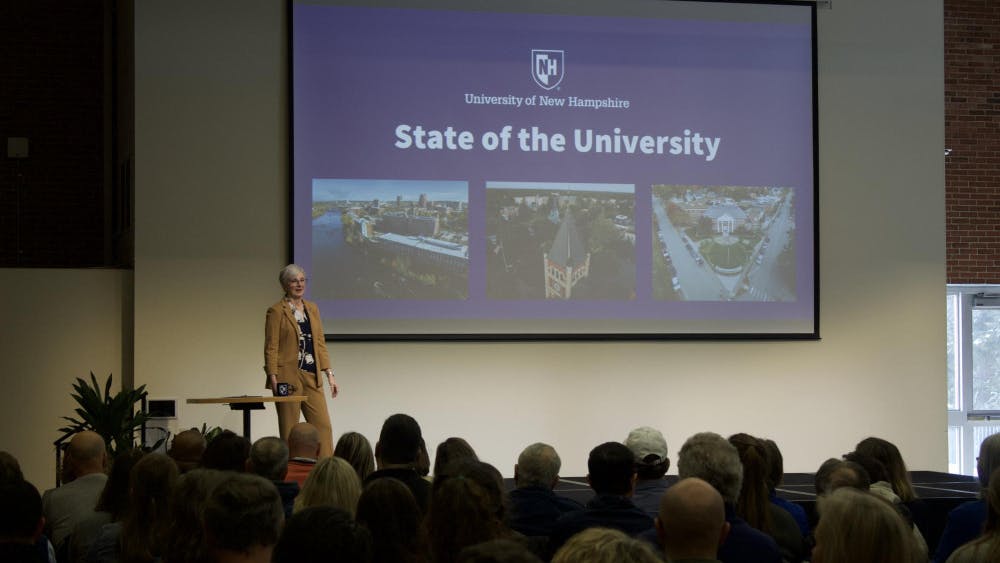UNH Student Senate created a temporary committee, the Ad-Hoc Committee on the Revision of Governance Documents (Ad-Hoc Committee), to revise its constitution and bylaws. Senate approved the establishment of the committee at the end of January, and elected Nicholas LaCourse, the advertisement manager, and Douglas Marino, the community development council chairperson, as co-chairs.
The Ad-Hoc Committee is made up of a diverse group of eight to 10 Student Senate volunteers, including the Student Activity Fee Committee (SAFC) chairperson, the Health and Wellness Council chairperson, and the student body president, Jonathan Dean.
According to co-chairs LaCourse and Marino, the bylaws and the constitution are reviewed annually in order to assess the status of Student Senate. The establishment of an official committee has allowed for a more organized and in-depth look into the constitution and bylaws, which have been around for about 38 years.
“What Ad-Hoc has done is really taken on that purpose with a centralized institution instead of just a bunch of senators [gathering] around and revising it like it usually is,” LaCourse said.
The main goal of the committee is to revise the documents’ formatting and wording after years of revisions and changes so that the documents are stylistically consistent.
According to LaCourse, Student Senate is in session 38, and the documents have “been revised by several different groups of people. So over time when you make changes like that there’s just small little inconsistencies or wording differences.”
Though the committee’s main purpose was to not change the content of the constitution or bylaws, they have made some minor changes in the process of revising the documents. For example, a new constitutional amendment was passed to transition the Financial Affairs Committee from under the purview of the student body president to the university system board representative, as explained in Monday’s Student Senate update in The New Hampshire.
Another minor change that has been widely discussed within the Ad-Hoc committee regarded the first-year senator position. The position’s title changed from first-year senator to first-year representative in an effort to alleviate first-year students’ confusion around why they had to vote for another senator in addition to senators who happened to be first-year students.
According to LaCourse, the change “allows [Student Senate] to better advertise the separate position of the first year representative, and why it is so important for first-year students to vote in these elections”.
Student Senate approved the change on Sunday, April 9.
Marino and LaCourse believe that an official committee to revise government documents will benefit not only Student Senate, but the student body as well. Making the documents more readable and user-friendly will in turn make them more accessible for students who are interested in student government, but who are not as involved.
“Anytime we update bylaws and add more clarity and make it more user friendly…I think that it’s beneficial for students, it creates more access to what we do,” Marino said.
The Ad-Hoc Committee on the Revision of Governance Documents hopes to complete its work by the end of the semester.











